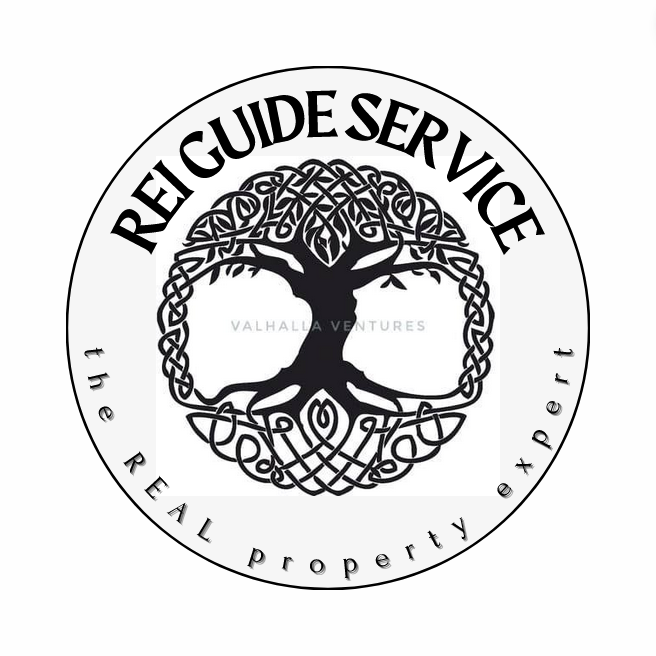The Risks of Owning a Co-Living Facility: Protecting Yourself from Liabilities and Ensuring Profitability
The Risk of Owning and Operating a Co-Living Facility
Co-living facilities, also known as shared living or communal living arrangements, have become an increasingly popular housing option in recent years. These facilities offer an alternative to traditional apartments and homes, providing residents with shared living spaces, private bedrooms, and often shared amenities such as kitchens, laundries, and common areas.
While co-living can be a convenient and cost-effective housing option, it also carries certain risks for the owner and operator of the facility. One of the primary risks is the potential for the building to be out of compliance with building codes for a co-living facility. This can occur if the building was not originally designed or constructed for co-living, or if the facility has undergone renovations that have not been approved by the appropriate authorities.
If a co-living facility is found to be out of compliance with building codes, the owner and operator could face fines, legal action, and even the closure of the facility. This can result in significant financial losses, as well as damage to the reputation of the facility and the owner/operator.
Another risk associated with operating a co-living facility is the use of a third party manager. While third party managers can be a convenient and cost-effective option, they may not have the same level of liability as the owner/operator of the facility. This means that if something goes wrong, such as a tenant being injured or property damage occurring, the owner/operator could potentially be held liable, even if the incident was not their fault.
Finally, co-living facilities often offer the potential for passive income for the owner/operator. However, this passive income is dependent on the actions of others, such as the tenants and the third party manager. If the tenants do not pay their rent or cause damage to the property, or if the third party manager is not properly managing the facility, the income stream could be disrupted, resulting in financial losses for the owner/operator.
In conclusion, owning and operating a co-living facility can be a rewarding and profitable venture, but it also carries certain risks. It is important for the owner/operator to carefully consider these risks, and take steps to mitigate them, in order to protect their investment and ensure the success of the facility. This may include conducting thorough background checks on tenants, maintaining the facility to code, and working with reputable third party managers. By taking these precautions, the owner/operator can minimize their risk and maximize the potential for passive income from their co-living facility.
Let me help you, help you. Contact me

